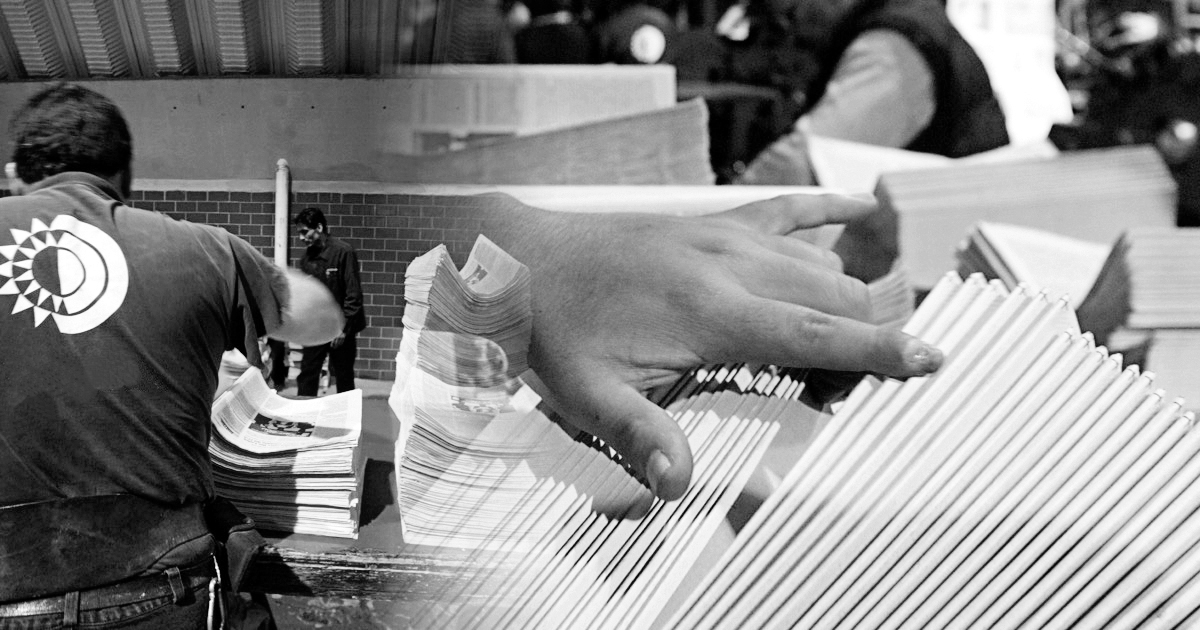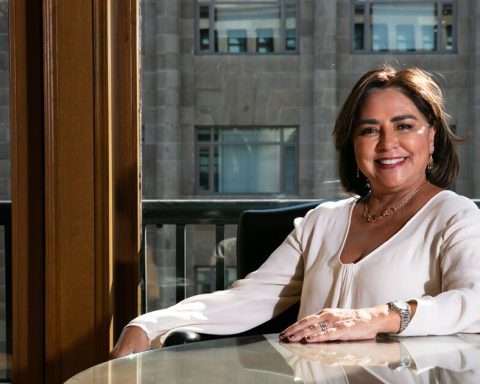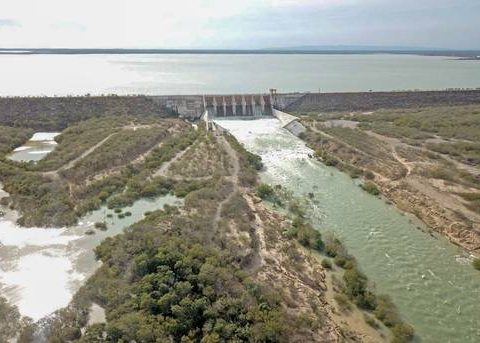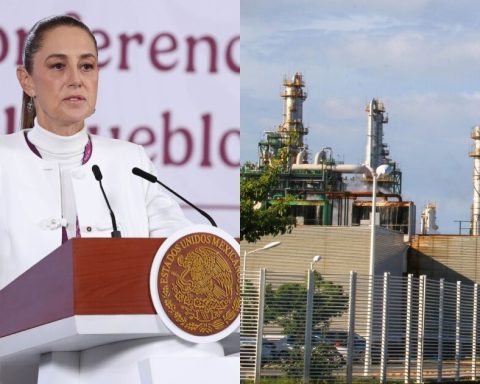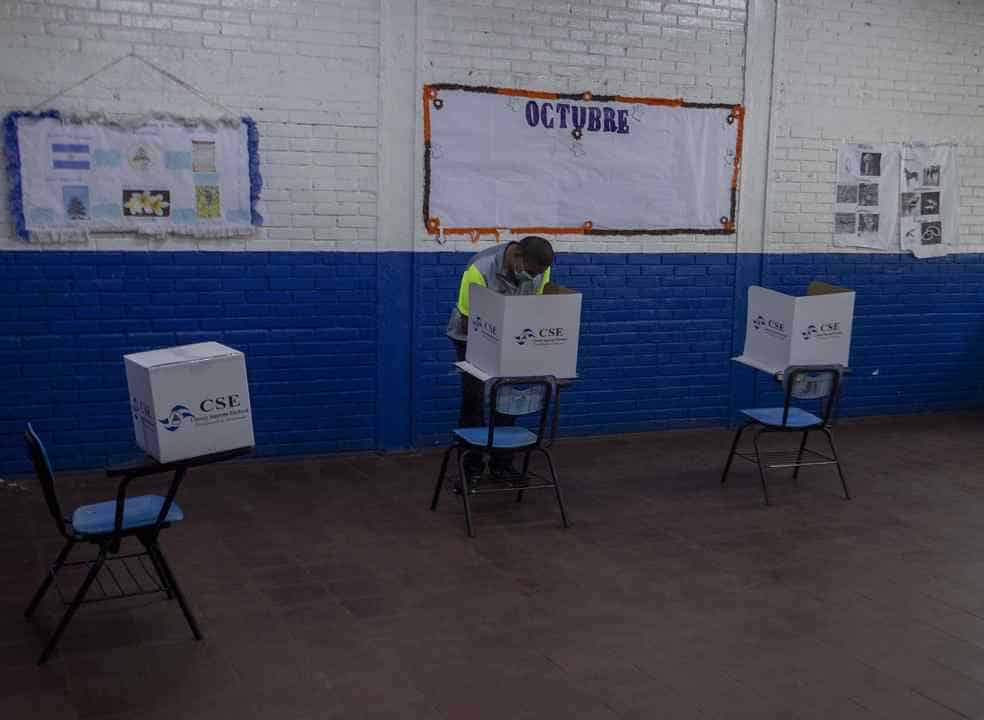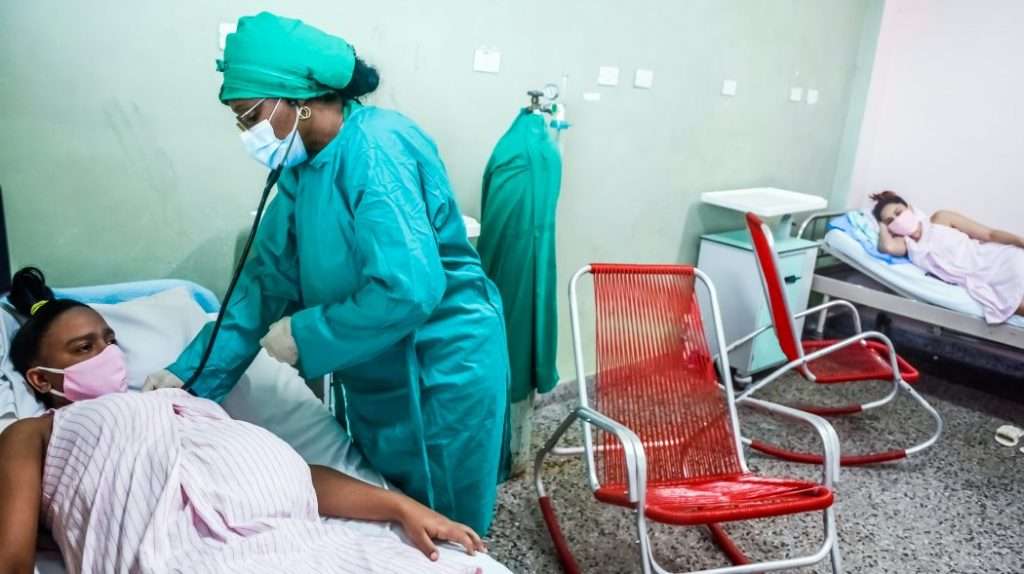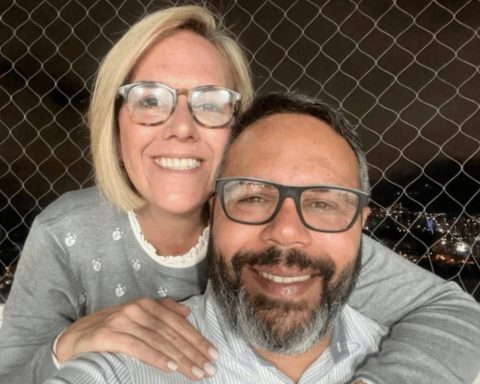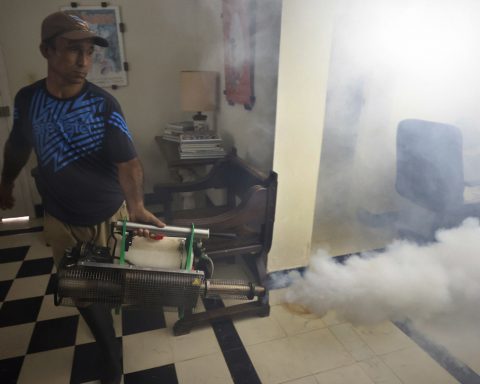F
erdinand was first of all generous and affectionate. He was also impressed by the lucidity that she combined with her simplicity. He was deep, but joker, controversial, bold and consistent; critical, incisive, but committed to the socialist future of humanity. All of this aimed at achieving consistent practical action. In a word, he was very Cuban. He was born around 1939, he fought with the July 26
, and at just 27 years old he traveled with Nicolás Guillén to Chile. Punto Final magazine introduced him as: “The young director of the magazine Critical thinking …Extremely simple, he does not seem like a professor of Marxist philosophy. He rather looks like a student. He does not seem to be the director of the Department of Philosophy at the University of Havana either ”. He thus he remained all his life.
A posthumous book was published this year: Critical thinking and revolution: necessary anthology . A selection of conferences and writings, compiled and prefaced by Magdiel Sánchez. Covers from its first publication in 1967, The thinking exercise
which predicted its future: generating the necessary capacity to build critical thinking, until his last lecture given at the twelfth workshop: Emancipatory paradigms from Latin America and the Caribbean. New scenarios of hegemonic disputes between emancipation and domination
, conducted at the Institute of Philosophy. Edited by two university institutes, the one for Latin American Studies, in Buenos Aires, and the one for Philosophy, in Havana; by two publishers, the Argentinian El Colectivo and the Mexican Incendiar el Océano. The book groups the writings by major themes: from Cuba and for Cuba; the Latin American crossroads; critical thought, socialism and revolution; story, poem and life and an epilogue by Frei Betto.
It is difficult to present the great wealth of thought that it builds. Just a few nodal ideas running through it:
1. The Cuban revolution has been a great defiant heresy. It breaks out as anti-dictatorial, nationalist and anti-imperialist, a liberation carried out by the village
, peasants, students, professionals and some worker, like so many others on the continent that were lost; carried out, moreover, on the most deformed and dependent shores of capitalism. Despite not meeting the theoretical requirements of the manual, he soon launched his utopia towards socialism, a different one, one that emphasizes a new man, as Che said. Giving countless and daring battles against setbacks, in 1953 in the attack on the Moncada barracks; in 1956, when the landing was dispersed; in 1962 the rocket crisis; in 1970 when the harvest crisis; in 1985 with the total rectification and from the special period
with the total lockdown, the challenge of surviving year after year. The possible victory is always linked to reinforcing popular power.
2. The permanent battle of ideas, cultural battle, battle of education, as the most decisive and necessary process to think and build that different socialism and to survive. Martínez Heredia underlines the unavoidable task of sustaining this battle, not only in Cuba, since the main effort of neoliberalism is placed on the cultural war, through its multiple instruments and mechanisms, to empty consciences in the face of the constant mirage of consumption and opportunities democratic
, even when the capacity for consumption and opportunities is reduced to small nuclei. He argues that the objective of globalization is not to establish a single thought, but to empty the majority of thought.
3. Latin America continues to be the region where contradictions and, consequently, social and political movements and various processes of change occur with the greatest intensity. A true integration is needed more than ever. Revolutionary politics cannot be satisfied with being an alternative. The nature of the system has placed it in a blind alley, but its power and resources allow it a wide range of responses against the processes of change. To the extent that we are obtaining triumphs and changes in ourselves, we will turn the alternatives into processes of human and social emancipation.
4. The difficulties of building critical thinking. Only a systematic and rigorous process of analysis based on precise knowledge of the circumstances that are faced can lead to a conscious practice that allows facing the impossible and making it possible. Any possibility of deep understanding of a process points to discovering the very diverse contradictions that make it up, deciphering them without hiding them in dogmatic prejudices, in preconceived schemes. He gives various examples of the contradictions that occurred between the leftist forces in the stages of struggle in Cuba, between Guiteras and the Socialist Party; during the sectarianism of the 60s; also between Cuba and the USSR, with their always negotiating policies: in 1962 and 1968, when Fidel claimed: Holding inconceivable economic negotiations with the dictatorships of Latin America
, in the liberation of Angola and Namibia. Remember how in the 60s they pointed out that we have to make Marxism-Leninism catch up with the Cuban revolution
. That is where the theory of dependency made its way in the light of this critical thinking.
* UPN researcher. Author of El Inee
